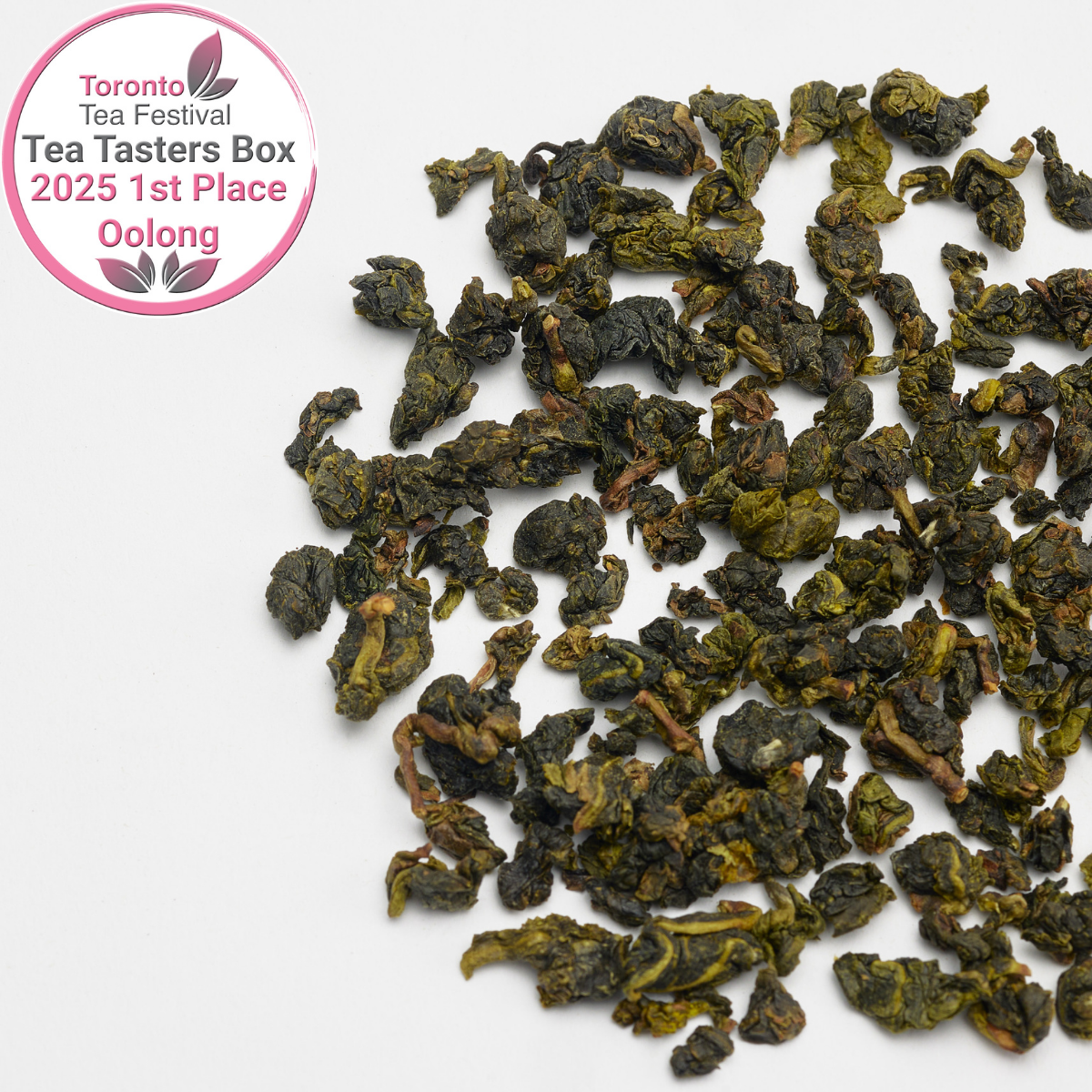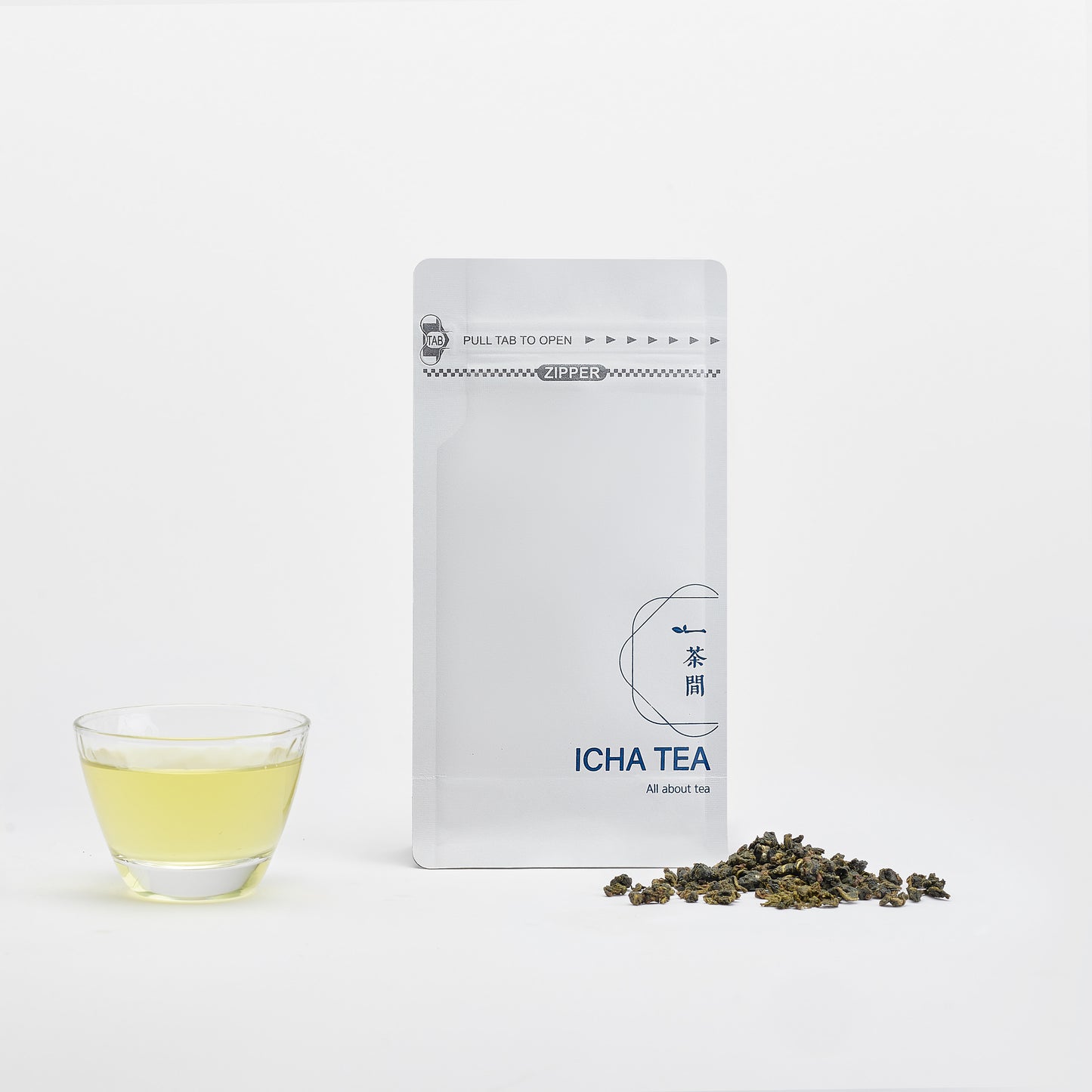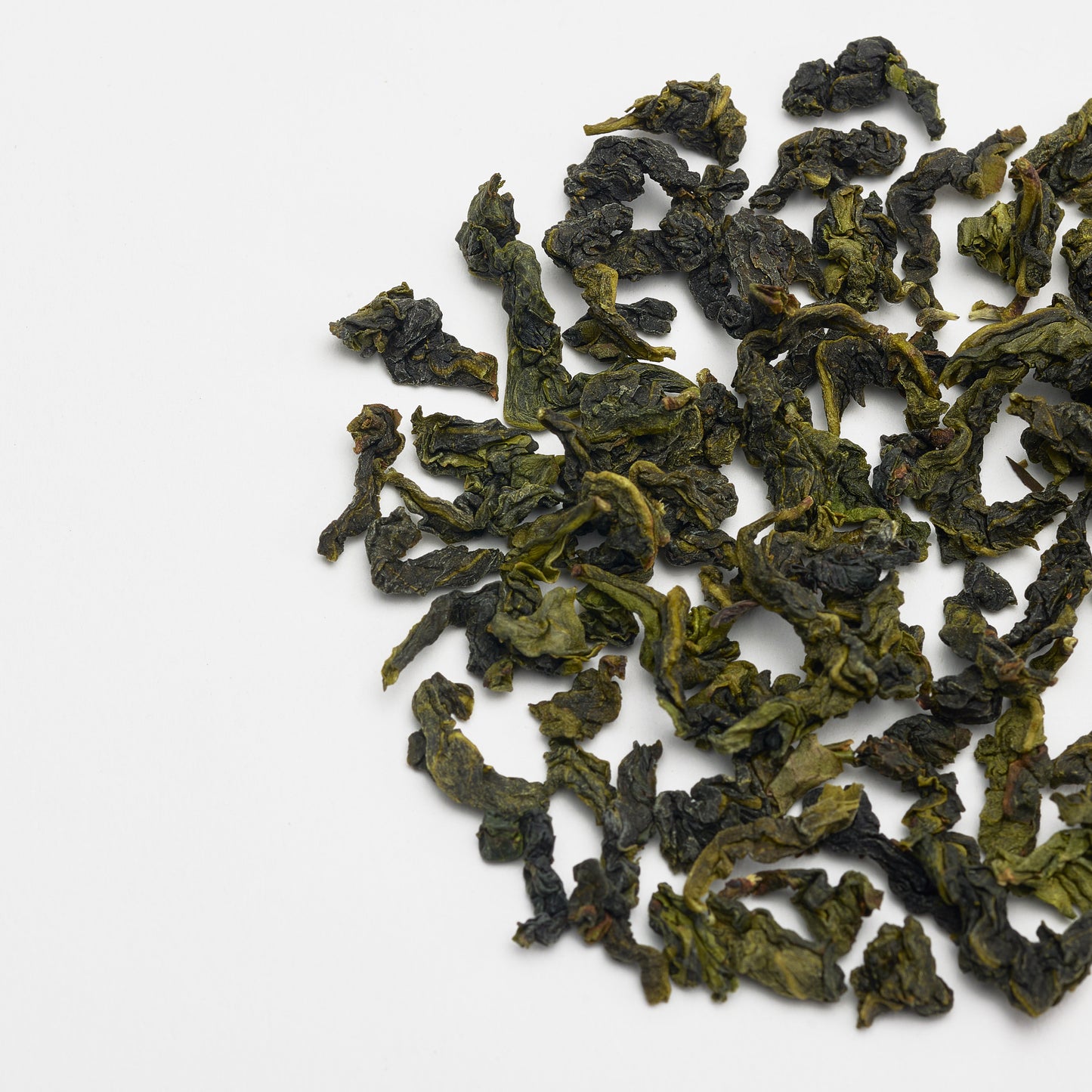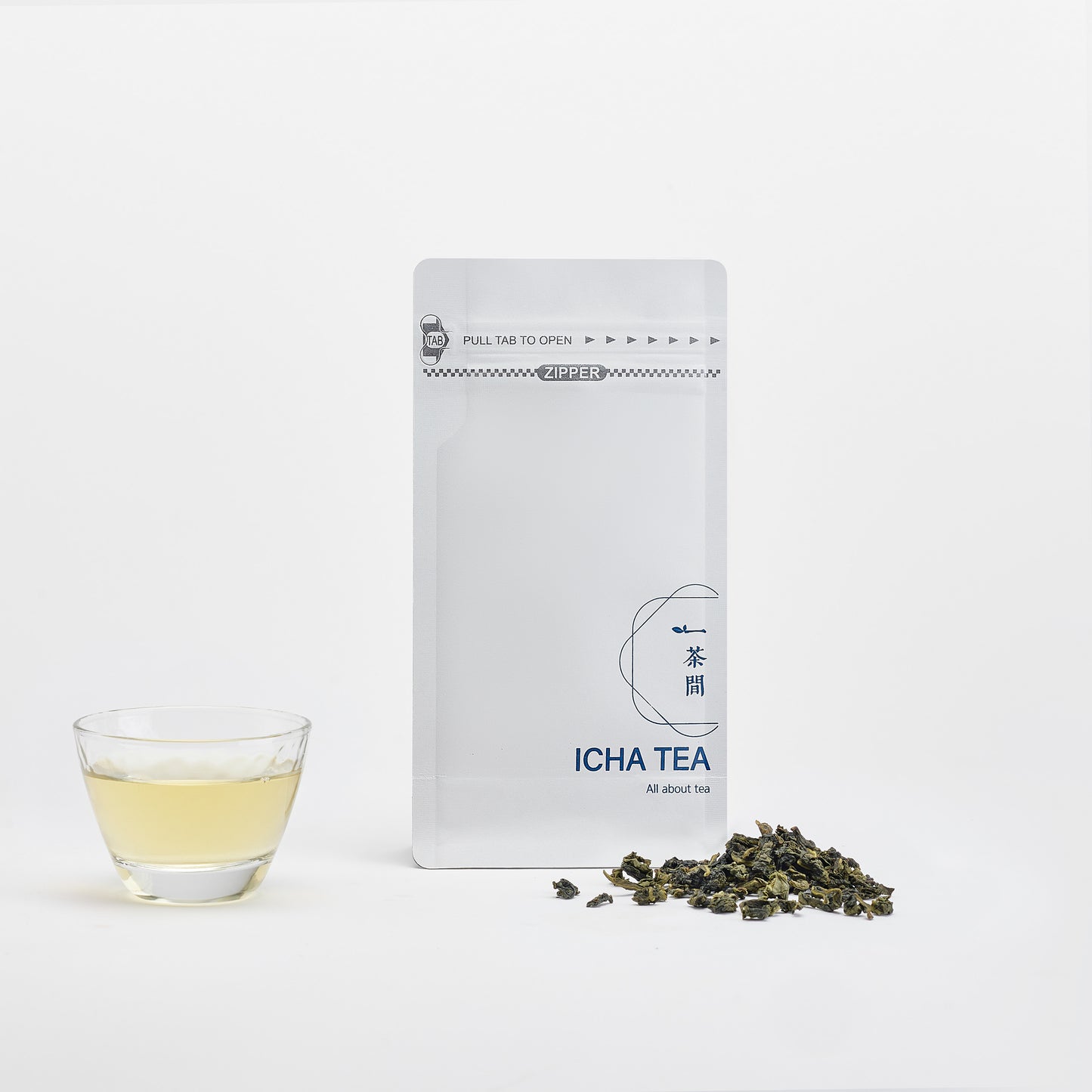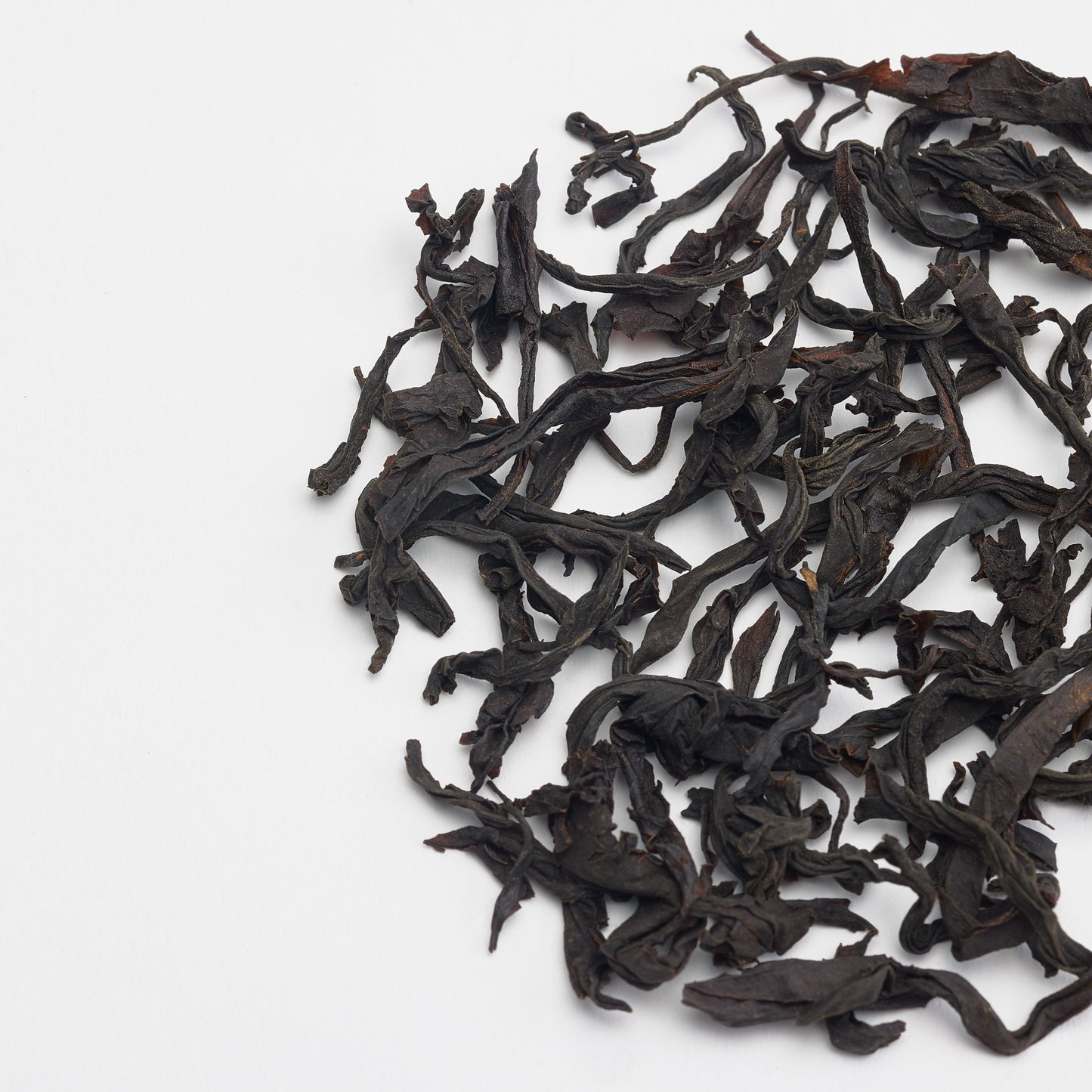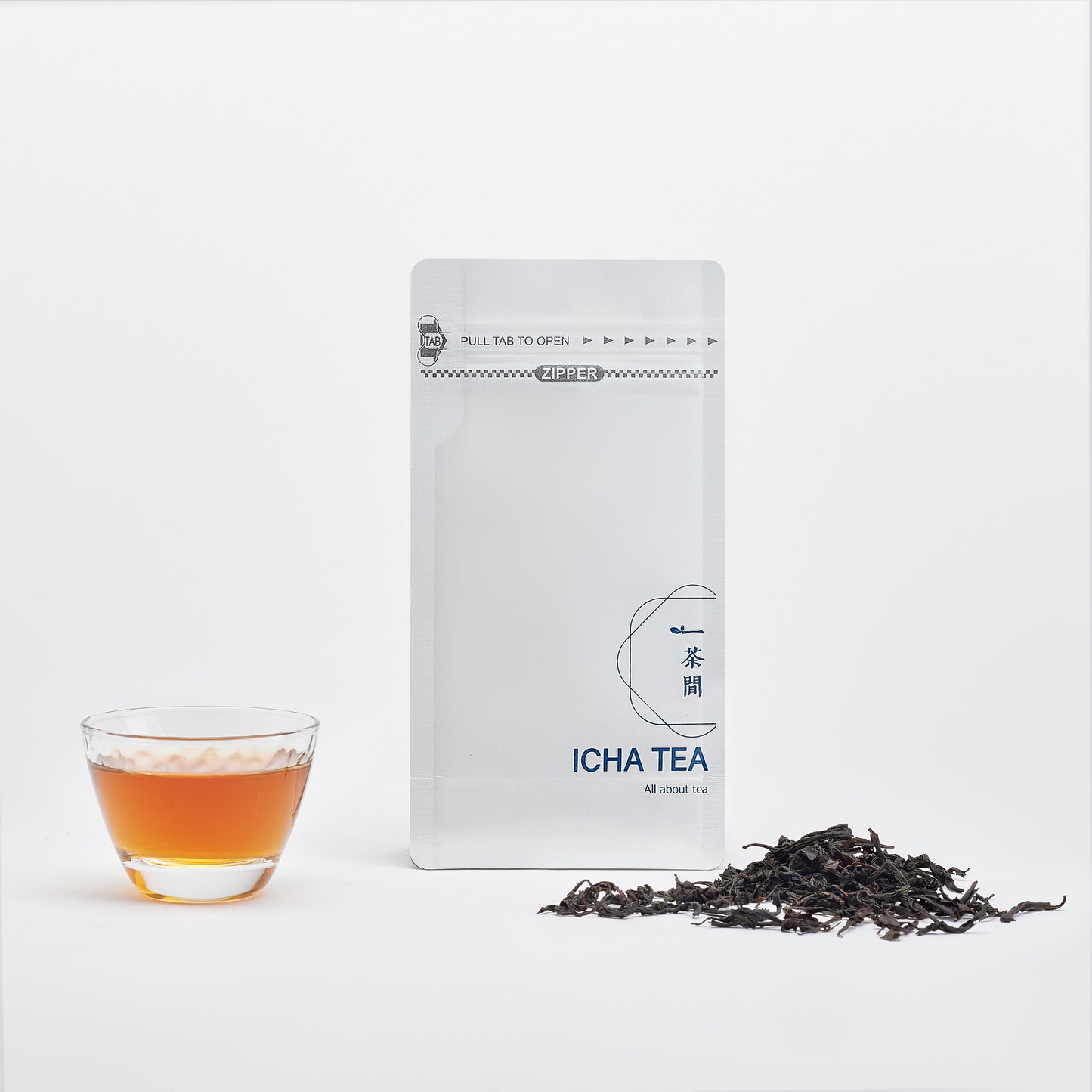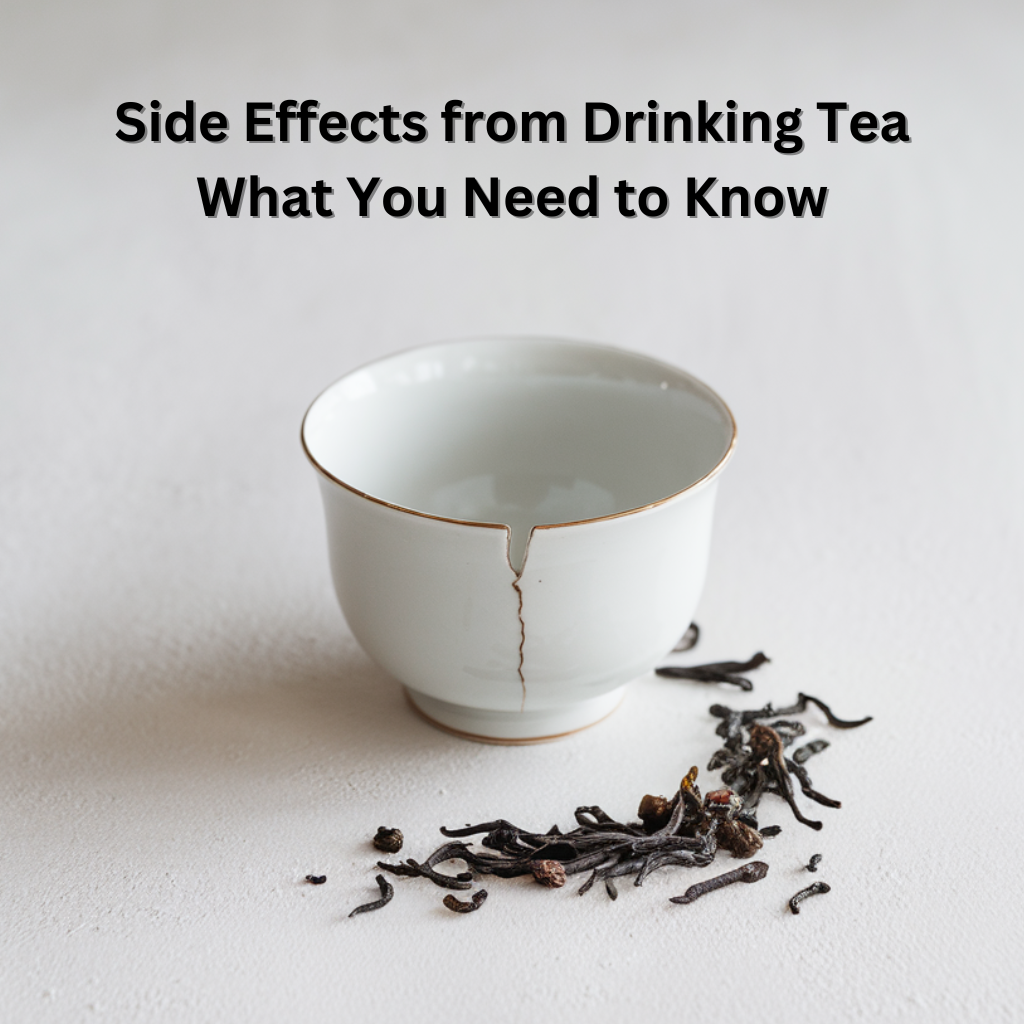
The potential effects of white, green, oolong, black, and pu-erh teas on your body and how to enjoy them safely
Tea is one of the world's most beloved beverages, enjoyed for its diverse flavors and potential health benefits. From delicate white tea to robust pu-erh, each variety offers unique characteristics. However, even this celebrated drink can have unwanted effects for some people. Let's explore the potential side effects of different tea types and how to enjoy tea while minimizing risks.
Understanding Tea and Its Components
All true teas such as white, green, oolong, black, and pu-erh come from the Camellia sinensis plant but differ in processing methods. These processes affect levels of key compounds, including caffeine, L-theanine, catechins, and tannins.
Matcha is an interesting category of tea which is green tea powder has a more potent profile of antioxidants and higher caffeine content. In fact, matcha packs about 137 times more antioxidants than green tea and significantly more than coffee.
(Learn more about the differences between matcha vs. coffee in this article)
Caffeine-Related Side Effects
Tea naturally contains caffeine, with amounts varying significantly by type:
- White tea: 15-30mg per cup
- Green tea: 20-45mg per cup
- Matcha Green Tea: 60-70mg per cup
- Oolong tea: 30-50mg per cup
- Black tea: 40-70mg per cup
- Pu-erh tea: 30-60mg per cup (For comparison, coffee typically contains 95-200mg per cup)
While these levels are generally lower than coffee which is around 95mg per cup, sensitive individuals drinking tea may still experience:
- Sleep disturbances and insomnia
- Anxiety, restlessness, or jitteriness
- Increased heart rate or palpitations
- Headaches
- Digestive discomfort
People with anxiety disorders, heart conditions, sleep disorders, or caffeine sensitivity should monitor their tea intake carefully. Pregnant women are typically advised to limit caffeine to 200mg daily across all sources.
Digestive System Issues
Tannins and other compounds in tea can affect digestion in several ways:
Stomach Irritation
Tea's acidity and tannin content may trigger nausea or stomach discomfort, especially when consumed on an empty stomach. Green tea is particularly known for this effect due to its catechin content. This is a commonly reported issue from new tea drinkers when they try to consume green tea first thing in the morning before eating breakfast. Depending on the amount of green tea consumed, the discomfort tends to pass within 30-60 minutes.
Constipation or Diarrhea
The astringent properties of tannins can cause constipation in some people, while others may experience looser stools from strong tea consumption. The tannins in tea can bind to proteins in the digestive tract, potentially affecting normal digestive processes in more sensitive individuals.
Nutrient and Medication Interactions
Iron Absorption
Tannins in tea can bind to iron, potentially reducing iron absorption by up to 60% when consumed with meals. This is particularly important for those with iron deficiency anemia.
Medication Interactions
Tea may interact with various medications, including:
- Blood thinners (warfarin)
- Stimulant medications
- Lithium
- Iron supplements
- Certain antibiotics
Always consult your healthcare provider about potential interactions with medications you take.
Specific Concerns by Tea Type
Different tea varieties come with unique considerations:
White Tea
Though it has the lowest caffeine and tannin content, white tea can still cause caffeine-related side effects in sensitive individuals. Although it's rare.
Green Tea
High in catechins, green tea may cause:
- Stomach upset
- Liver problems (in rare cases with concentrated extracts)
- More pronounced iron absorption interference
Oolong Tea
With moderate caffeine levels, oolong may cause:
- Sleep disturbances if consumed later in the day
- Digestive discomfort in sensitive individuals
Black Tea
Higher in tannins and caffeine, black tea might lead to:
- More pronounced caffeine effects
- Greater impact on iron absorption
- Stronger teeth staining
Pu-erh Tea
Though fermentation breaks down some compounds, pu-erh can:
- Causes digestive upset in sensitive individuals
- Interact with certain medications due to its unique compound profile
Dental and Oral Health Effects
All teas contain tannins that can stain teeth over time. Black tea typically causes the most staining, while white tea has minimal effect. Drinking water after tea and regular dental hygiene can help minimize staining.
Pregnancy and Breastfeeding Considerations
Pregnant women should limit caffeine intake to 200-300mg daily (approximately 3-4 cups of most teas). Some herbal teas are contraindicated during pregnancy, so always check with your healthcare provider.

For pregnant women, moderation is essential with tea consumption. It is generally recommend limiting to 2-3 cups daily of traditional teas, and always verifying the safety of herbal teas, as not all are appropriate during pregnancy. The American College of Obstetricians and Gynecologists is a good resource.
Safe Tea Consumption Guidelines
To enjoy tea with minimal side effects:
- Start with small amounts to assess tolerance
- Drink tea between meals to minimize iron absorption interference
- Avoid tea 1-2 hours before bedtime if sensitive to caffeine
- Stay hydrated with water throughout the day
- Consider decaffeinated options if caffeine-sensitive
- Brew tea for shorter periods for lower caffeine content
When to Consult a Healthcare Professional
Seek medical advice if you experience:
- Heart palpitations or irregular heartbeat
- Severe headaches
- Significant sleep disturbances
- Anxiety that interferes with daily life
- Digestive problems that persist
- Signs of iron deficiency despite an adequate diet
Tea Is Generally Safe!
Tea offers numerous potential health benefits and is generally safe for most people when consumed in moderation. Understanding potential side effects allows you to make informed choices about your tea consumption habits.
Remember that individual reactions vary significantly, and what affects one person may not affect another. By paying attention to your body's responses and adjusting accordingly, you can likely find ways to enjoy tea as part of a healthy lifestyle.
References
- Chacko, S. M., Thambi, P. T., Kuttan, R., & Nishigaki, I. (2010). Beneficial effects of green tea: A literature review. Chinese Medicine, 5, 13.
- Hayat, K., Iqbal, H., Malik, U., Bilal, U., & Mushtaq, S. (2015). Tea and its consumption: Benefits and risks. Critical Reviews in Food Science and Nutrition, 55(7), 939-954.
- Zijp, I. M., Korver, O., & Tijburg, L. B. (2000). Effect of tea and other dietary factors on iron absorption. Critical Reviews in Food Science and Nutrition, 40(5), 371-398.
- Gardner, E. J., Ruxton, C. H. S., & Leeds, A. R. (2007). Black tea – helpful or harmful? A review of the evidence. European Journal of Clinical Nutrition, 61(1), 3-18.
- American College of Obstetricians and Gynecologists. (2020). Moderate caffeine consumption during pregnancy. Committee Opinion No. 462. Obstetrics & Gynecology, 116, 467-468.

